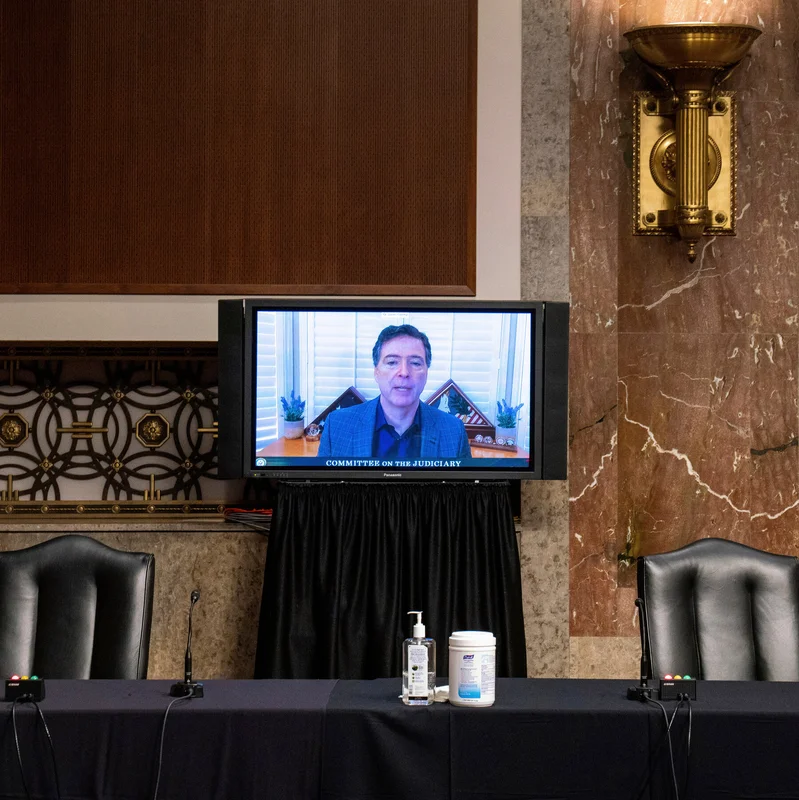In a dramatic turn of events, former FBI Director James B. Comey has been criminally indicted over statements he made during a September 2020 Senate Judiciary Committee hearing. A federal grand jury charged him with one count of making false statements and one count of obstruction of a congressional proceeding—charges that could carry significant prison time .
The Core of the Case: September 30, 2020
On September 30, 2020, Comey appeared before the Senate Judiciary Committee for a hearing titled “Oversight of the Crossfire Hurricane Investigation” . The session was part of a Republican-led review of the FBI’s 2016 probe into Russian election interference.
According to the indictment, Comey’s oral testimony that day contained material falsehoods and intentionally obstructed the committee’s work . The charges focus exclusively on this appearance—not on his actions as FBI director or his handling of the Clinton email investigation .
Breaking Down the Charges
| Charge | Alleged Violation | Potential Penalty |
|---|---|---|
| Making False Statements (18 U.S.C. § 1001) |
Knowingly providing false or misleading information to Congress | Up to 5 years in prison |
| Obstruction of a Congressional Proceeding (18 U.S.C. § 1505) |
Corruptly influencing, obstructing, or impeding a Senate investigation | Up to 5 years in prison |
What Did Comey Say in 2020?
While the full indictment remains under seal in parts, public records indicate the dispute centers on Comey’s answers about:
- His knowledge of FBI agents’ communications with media sources
- The timeline of internal FBI decisions during the Crossfire Hurricane investigation
- Whether he authorized or was aware of specific investigative steps
Prosecutors allege that Comey’s testimony was “materially false” and “designed to mislead” the committee .
Timeline: From FBI Director to Indictment
Appointed FBI Director by President Obama
Fired by President Trump
Testifies before Senate Judiciary Committee
Indicted by federal grand jury
Political and Legal Reactions
The indictment has reignited fierce partisan debate. Trump allies hailed it as long-overdue accountability , while legal scholars expressed concern about criminalizing testimony in politically charged hearings.
“This sets a dangerous precedent if prosecutors can charge officials for disputed interpretations of past events,” said one constitutional law expert.
What Happens Next?
- Arraignment: Comey is expected to plead not guilty.
- Discovery phase: Both sides exchange evidence, including full testimony transcripts and internal FBI records.
- Motions to dismiss: Defense will likely argue the statements were not material or were based on faulty memory.
- Trial (if no plea): Could begin in early 2026 in a federal district court.
For deeper context on congressional investigations and legal accountability, see our analysis on [INTERNAL_LINK:congressional-testimony-legal-risks].
The case underscores the high stakes of testifying before Congress—a process governed by strict legal obligations. As the U.S. Department of Justice notes, “False statements to federal officials, including members of Congress, are serious federal crimes” .
Sources
- https://www.nytimes.com/2025/09/26/us/politics/james-comey-testimony-trump.html
- https://www.reuters.com/legal/government/former-fbi-director-james-comey-indicted-over-2020-senate-testimony-2025-09-25/
- https://www.justice.gov/
- https://www.congress.gov/




